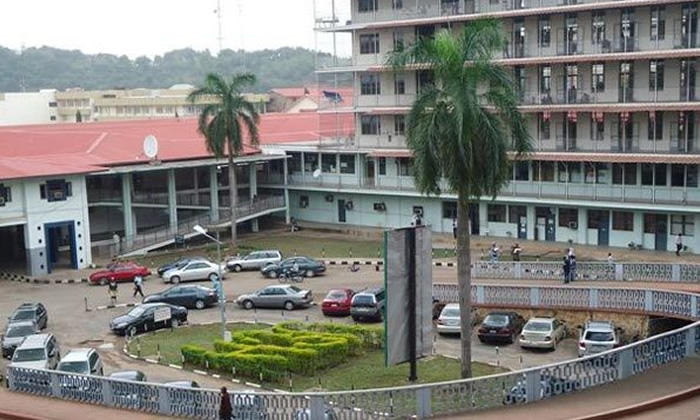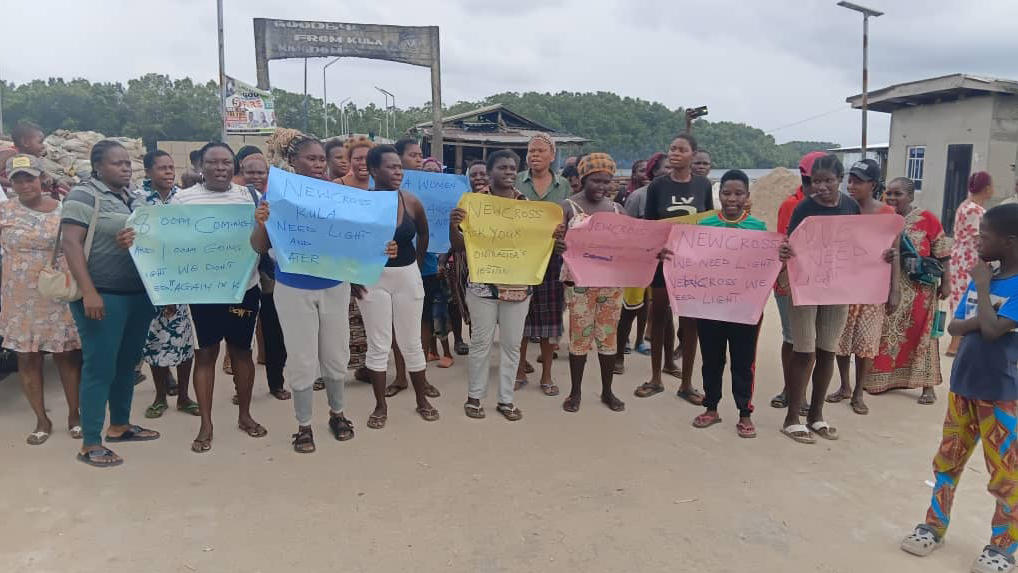
The electricity crisis at the University College Hospital (UCH) in Ibadan has reached a dire and alarming point, with patients now resorting to bringing their own generators and solar inverters just to receive medical treatment.
For a staggering 107 days, the hospital has been without power, forcing patients and their families to find alternative sources of electricity to keep life-saving services running.
The federal government-owned hospital, which has been battling ongoing power supply issues since October, has seen critical medical services severely disrupted.
As a result, patients have been left with no choice but to rely on personal generators and solar power to continue their treatments, highlighting the extreme measures taken in the face of a failing healthcare system.
However, the University College Hospital (UCH) management released a rejoinder refuting claims that patients at the hospital were bringing their own generators to power the wards.
In a statement issued in response to the original online report published on Wednesday, February 5, 2025, by Trending Explain (@TrendingX), written by Gideon Ayeni, the hospital management described the allegations as “false and unfounded.”According to the statement signed by the UCH Public Relations Officer, Mrs. Funmi Adetuyibi, the report was a malicious attempt to misrepresent the situation at UCH, particularly with regard to the claim that patients were resorting to using their personal generators.
The statement said that these allegations lacked credibility and were further undermined by the inclusion of images of “low-capacity generators,” which the hospital does not operate.UCH clarified that despite the recent disconnection of electricity by the Ibadan Electricity Distribution Company (IBEDC), the hospital had taken significant measures to address the power challenge.
“We remain committed to our core services: Clinical Services, Research, and Training,” the management said, adding that they had implemented a phased approach to provide sustainable electricity solutions, including the installation of solar inverters and diesel-powered generators in critical areas such as the wards, accident and emergency unit, labour wards, and theatres.
The extended blackout has sparked outrage and concern online, with users demanding answers and many questioning the state of the nation’s healthcare infrastructure and the government’s ability to provide essential services.
In an attempt to address the crisis, the Oyo State Government’s Feedback and Resolutions account responded on X (formerly Twitter), saying:
“Thank you for contacting us. The Oyo State Government is aware of the power supply challenges at the University College Hospital (UCH), Ibadan. While the hospital is managed by the federal government, we are working to connect UCH to the State’s Independent Power Plant (IPP) as a medium-term solution.”Another X user and patient safety advocate, @Nigerian_Doctor, along with several others, called on the Ministry of Health and the media to intervene, pointing out that the blackout has now lasted nearly 100 days.“Patients have staged a riot on the wards. People are protesting.
Yet, darkness persists. We urgently plead for your intervention, once again,” he wrote.This ongoing power crisis at UCH underscores the extreme strain on Nigeria’s already fragile healthcare system. Power shortages are putting patients’ lives at risk and further exposing the failings of the country’s healthcare infrastructure, with no clear solution in sight.Last November 2024, The Guardian reported a troubling development when patients and their families at UCH staged a protest over the prolonged power outage. The protest brought all hospital activities to a halt, stranding both patients seeking care and those attempting to leave.
The outage began when IBEDC disconnected UCH’s power for over 17 days. This disruption severely impacted hospital operations, causing delays in surgeries and diagnostic test results.
In a viral video, a protester claimed that patients were being unfairly charged for electricity and water services, which were unavailable during the blackout.
One anonymous protester expressed their frustration, saying, “People are in pain, and some are dying in the wards. No electricity
y, no light, and you sit there calling yourselves management. If there’s an issue, address it! Stop killing people here. What happened?
What did we do? You don’t care about the lives of the patients.”Although the federal government approved a 50 per cent subsidy on electricity for public hospitals in September 2024, the actual implementation and impact of this policy remain uncertain. In the video, UCH management disclosed that the hospital is required to pay ₦80 million monthly under the “Band A” electricity tariff structure, which places a significant financial burden on the facility.
Findings by The Guardian revealed that hospitals are now grappling with massive financial strain, frequently passing these increased costs onto patients through higher medical bills to sustain essential services.
The ongoing electricity shortages have led to delays in surgeries, disrupted clinic operations, and forced hospitals to rely on costly generators.






